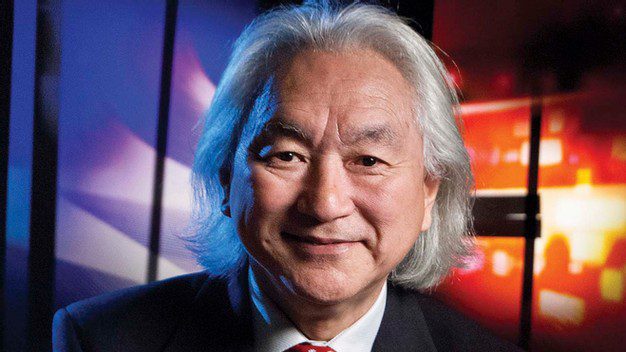
You would be right to think this sounds like science fiction or to be skeptical that some of it is even possible. Once received, our encoded consciousness would be downloaded in different machine, or perhaps biological, bodies at each new location. By encoding our connectomes into laser light we could beam directly from one star system to the other. Once it’s possible to fully digitize these “connectomes,” travel via gleaming spaceships might be unnecessary. Kaku believes we are all reducible to patterns of connected neurons in our brains. Then there are “trans-humanist” dreams of liberating consciousness from its biological wetware. Genetic engineering could allow us to correct the preprogrammed decay hiding inside every cell. This barrier leads Kaku to consider the ways humans might alter their own design to achieve approximations of immortality.

(It’s worth noting that on one level the climate change we’ve wrought on Earth now represents a kind of unintentional terraforming.) After Mars, Kaku turns to the science of asteroids and comets, since they will likely serve as resources to be mined or outposts of our expansion.Įven the closest suns are so distant it could take centuries, at best, to reach them. This includes “terraforming” - the large-scale alteration of Mars’s atmosphere - for the benefit of its new human inhabitants. Kaku maps the path to become a true multiplanet species, beginning with reaching, and then settling, Mars. (There’s a red Tesla Roadster orbiting Earth as you read this.) The vitality of the New Space movement means the next 200 years may well see humanity move from just exploring space to actually settling it. They are the ones making tangible accomplishments in lowering the cost of reaching space. Kaku opens the discussion as to how humans might become a multiplanet species by quoting Konstantin Tsiolkovsky, the self-taught Russian genius who first conceived of rocket-based space travel: “The Earth is our cradle, but we cannot be in our cradle forever.” While the American space program has seemed rudderless for years, an era of New Space, led by Elon Musk, Jeff Bezos and other high-frontier entrepreneurs, has just begun. The first and most important limit for us to vault past is Earth itself. Given enough time, he argues, we might become as the gods.

From space travel to genetic engineering to encounters with advanced alien civilizations, Kaku says that through science and technology few limits exist that can, or should, constrain us. In his view, there are frontiers of knowledge and capability all around us that we’ve only begun to explore. Kaku is a techno-optimist, as he has shown in his previous books on the future of physics and the future of the mind.


 0 kommentar(er)
0 kommentar(er)
